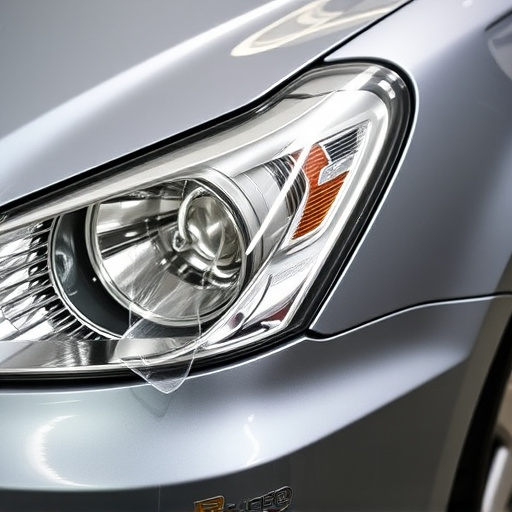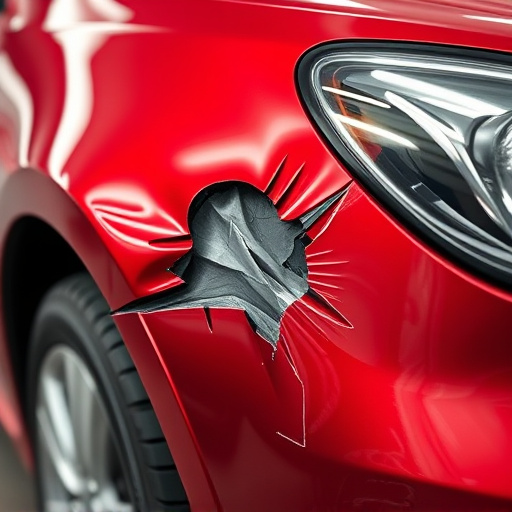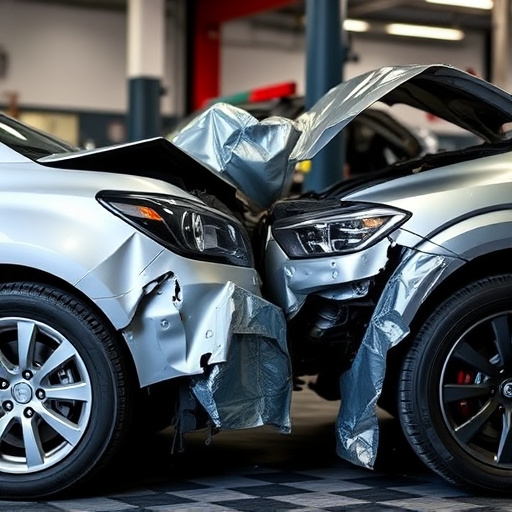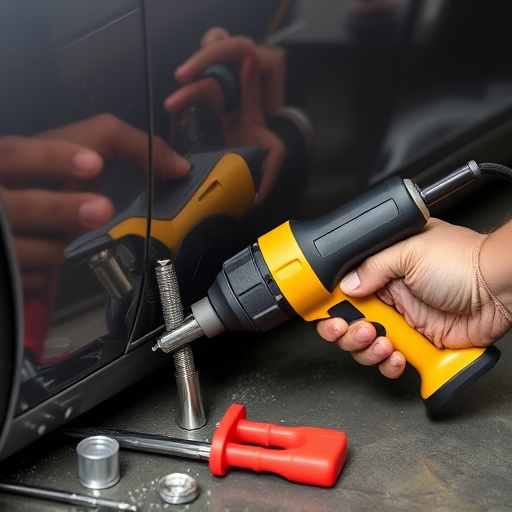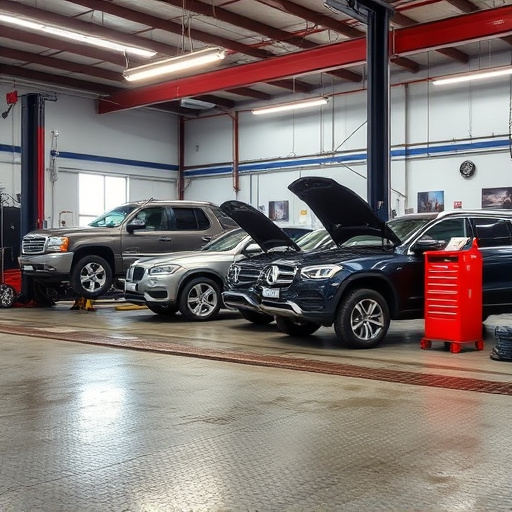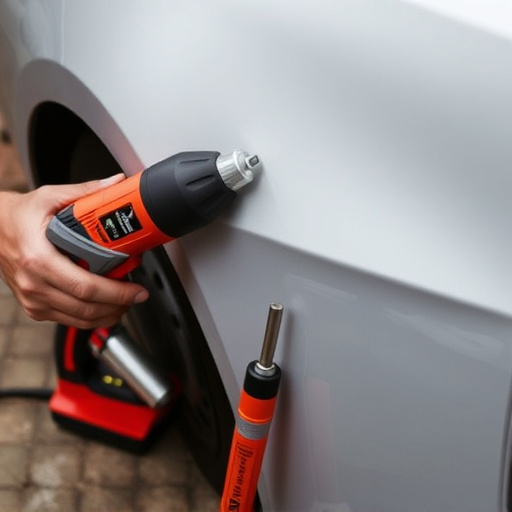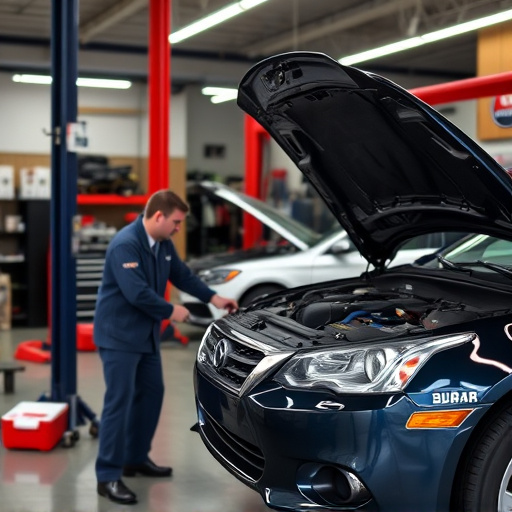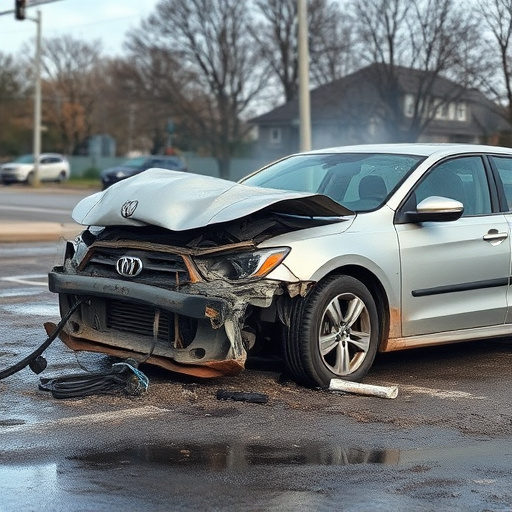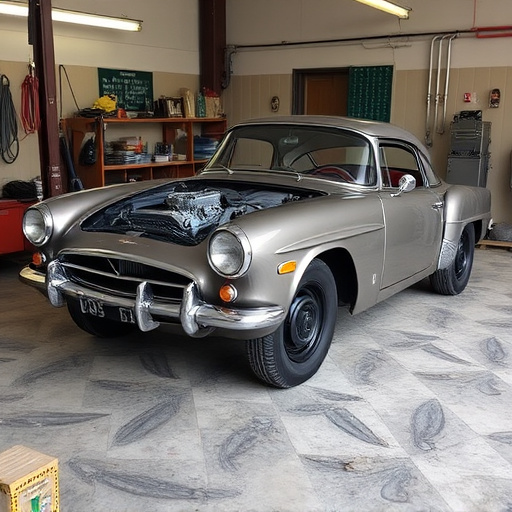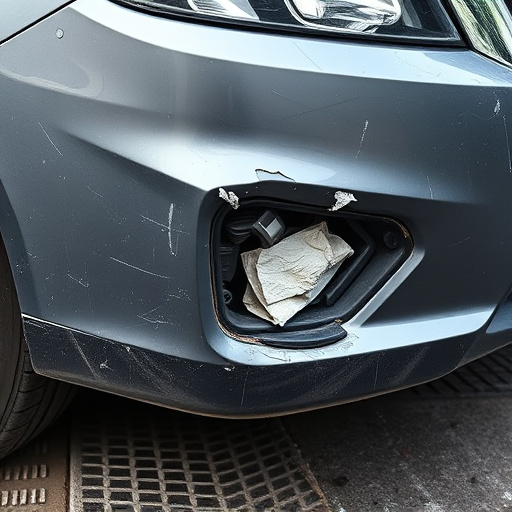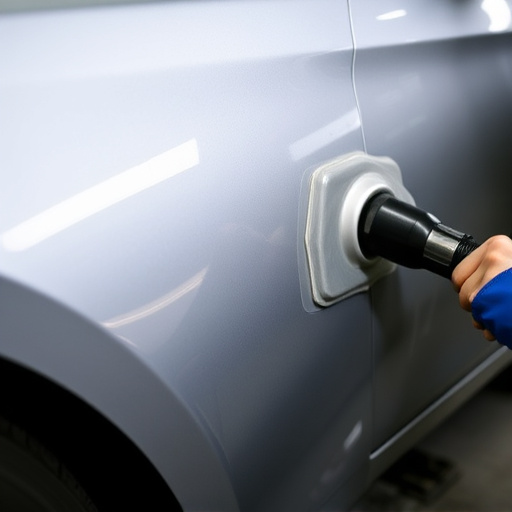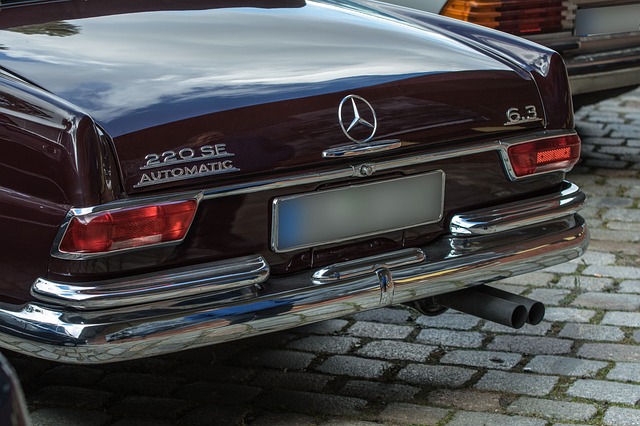Quality control (QC) inspections are a critical aspect of dealership operations, ensuring vehicles leave the lot in pristine condition. These meticulous processes mirror auto body shop precision, with expert technicians scrutinizing every detail to identify potential issues. By implementing QC inspections, dealerships minimize repair risks, enhance customer satisfaction, and build a reputation for reliability. This proactive approach conserves time, resources, and cultivates trust between the dealership and its clients, setting them apart from competitors in the car bodywork services market.
Dealerships that prioritize customer satisfaction and vehicle reliability harness the power of rigorous quality control (QC) inspection procedures. These processes serve as a cornerstone, ensuring every vehicle leaving the lot meets stringent standards. By implementing QC inspections, dealerships mitigate risks, reduce defects, and foster trust. This article delves into the intricacies of quality control, exploring its fundamental role in dealership excellence and the multifaceted benefits it offers, from enhanced safety to improved brand reputation.
- Understanding Quality Control Inspections: The Foundation of Dealership Excellence
- Key Benefits of Rigorous Quality Control Inspection Procedures
- Implementing and Maintaining Effective Quality Control: Best Practices for Dealerships
Understanding Quality Control Inspections: The Foundation of Dealership Excellence
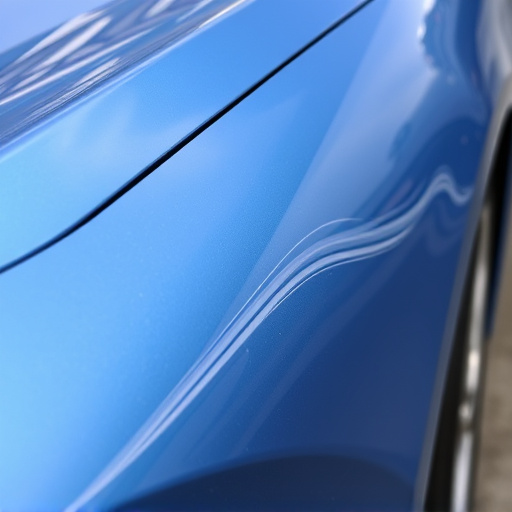
Quality control inspections are a cornerstone of dealership excellence, ensuring every vehicle leaves the lot in impeccable condition. These rigorous processes involve meticulous checks and balances to identify any potential issues or defects that might go unnoticed by the untrained eye. It’s akin to a vehicle body shop’s expert technicians meticulously examining every panel for precision in auto frame repair.
By implementing these inspections, dealerships can mitigate risks associated with car damage repairs, ensuring customer satisfaction and building a reputation for reliability. This proactive approach not only saves time and money in the long run but also fosters trust between the dealership and its customers, solidifying their standing as a trusted automotive service provider.
Key Benefits of Rigorous Quality Control Inspection Procedures
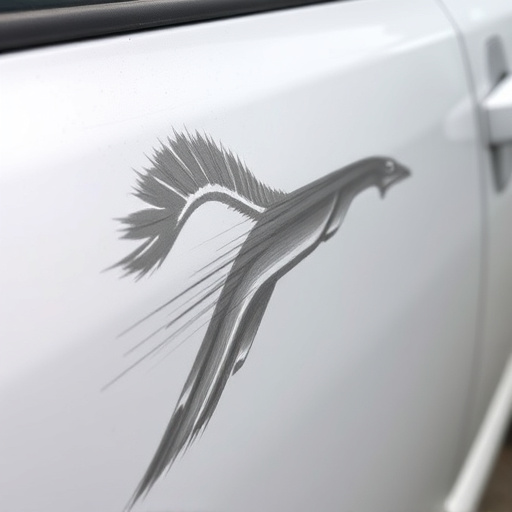
Rigorous quality control inspection procedures are the backbone of any reputable dealership’s operations. These processes ensure that every vehicle leaving the premises meets the highest standards, providing customers with peace of mind and a superior product. Beyond ensuring customer satisfaction, strict inspections play a pivotal role in several key areas.
Firstly, they act as a shield against potential safety hazards. By meticulously examining each vehicle, from structural integrity after vehicle collision repair to the functionality of every component, dealerships can identify and rectify issues before they become dangerous. Moreover, these procedures are instrumental in maintaining the long-term reliability and value of cars, ensuring that auto body work is not just aesthetically pleasing but also structurally sound. This meticulous approach to quality control ultimately bolsters the dealership’s reputation, fostering trust among customers and setting them apart from competitors in the market for car bodywork services.
Implementing and Maintaining Effective Quality Control: Best Practices for Dealerships
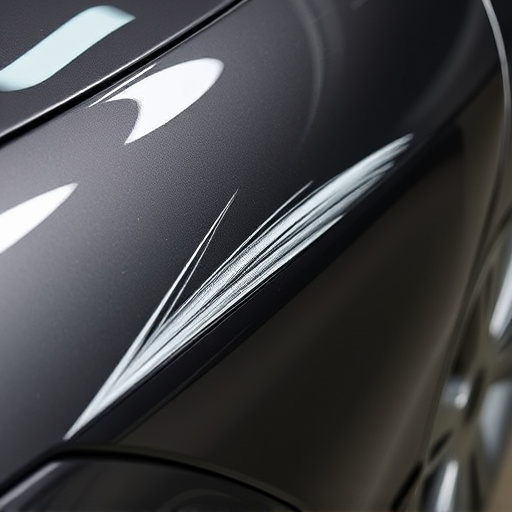
Implementing and maintaining effective quality control (QC) inspection procedures is a best practice for dealerships to ensure every vehicle leaving their lot meets high standards. A meticulous QC process involves more than just a quick visual check; it encompasses a systematic evaluation of various aspects, including mechanical functionality, cosmetic condition, and safety features. Dealerships should establish clear guidelines and protocols for each stage of the inspection process, involving trained technicians who are adept at identifying even subtle issues.
Regular training sessions on quality control practices for staff can help keep everyone up-to-date with industry standards and emerging repair techniques. Utilizing advanced diagnostic tools and software for car dent repair, auto detailing, and vehicle body shop work ensures that inspections are accurate and thorough. By integrating these best practices into their operations, dealerships can maintain customer satisfaction, build a solid reputation, and potentially reduce the number of returns related to quality concerns.
Quality control inspections are a cornerstone for dealerships aiming for excellence. By implementing rigorous procedures, dealerships can ensure every vehicle meets high standards, enhancing customer satisfaction and building trust. These inspections not only identify potential issues but also streamline operations, reduce costs, and maintain a competitive edge in the market. Adhering to best practices ensures that quality control remains a priority, fostering a culture of precision and excellence within the dealership.
